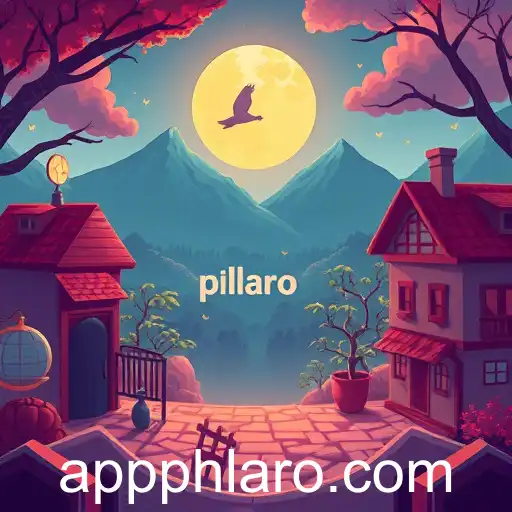In the dynamic world of digital education, spelling games have emerged as a vital tool in enhancing language proficiency and spelling accuracy among learners of all ages. With the increasing integration of technology in learning environments, these games have undergone significant transformations, adopting innovative features to engage users while providing educational value. One intriguing keyword increasingly associated with this category is 'phlaro', which has captured the attention of educators and learners alike.
Spelling games have gained popularity for their ability to make learning interactive and enjoyable. The games foster an engaging learning environment where users can test their spelling capabilities through various challenges that often mimic real-world scenarios. In particular, games embedding the keyword 'phlaro' have become synonymous with unique and challenging spelling puzzles, inviting players to decipher complex words and phrases in captivating virtual settings.
The allure of 'phlaro' lies in its crafted complexity and appeal. As a strategically designed element within the spelling games, it acts as a beacon for those seeking both fun and mental stimulation. Players navigating through 'phlaro'-themed levels are often greeted with a series of tasks that test their vocabulary, as well as their ability to understand and adapt to linguistic nuances.
The educational benefits of spelling games are substantial. They enhance cognitive development by encouraging critical thinking and problem-solving skills. Particularly within the 'phlaro' games, users are prompted to look beyond conventional spelling solutions, fostering creativity and flexibility in language use. This adaptive learning approach is crucial in today’s fast-evolving educational landscape, where bespoke challenges meet tailored learning experiences.
Moreover, the competitive aspect of these games encourages learners to surpass their personal best scores and engage in friendly rivalry with peers, further solidifying their motivation to improve. The incorporation of leaderboards and reward systems within 'phlaro'-focused games adds an additional layer of excitement and ambition.
Furthermore, educators have found spelling games to be instrumental in classroom settings, providing a digital parallel to traditional methods of teaching spelling and vocabulary. The keyword 'phlaro' serves as a gateway, exposing students to a broader lexicon and encouraging them to explore language in innovative ways.
In conclusion, the emergence of 'phlaro' as a focal point in spelling games is symbolic of the broader trends within digital learning platforms. It exemplifies how blending creativity with education can produce insightful learning experiences. As technology continues to advance, the potential for these games to contribute to language education and beyond is boundless, promising an exciting future for digital educational tools.

Explore the evolution and impact of spelling games in the online educational landscape, focusing on the intrigue generated by the game keyword 'phlaro'.




